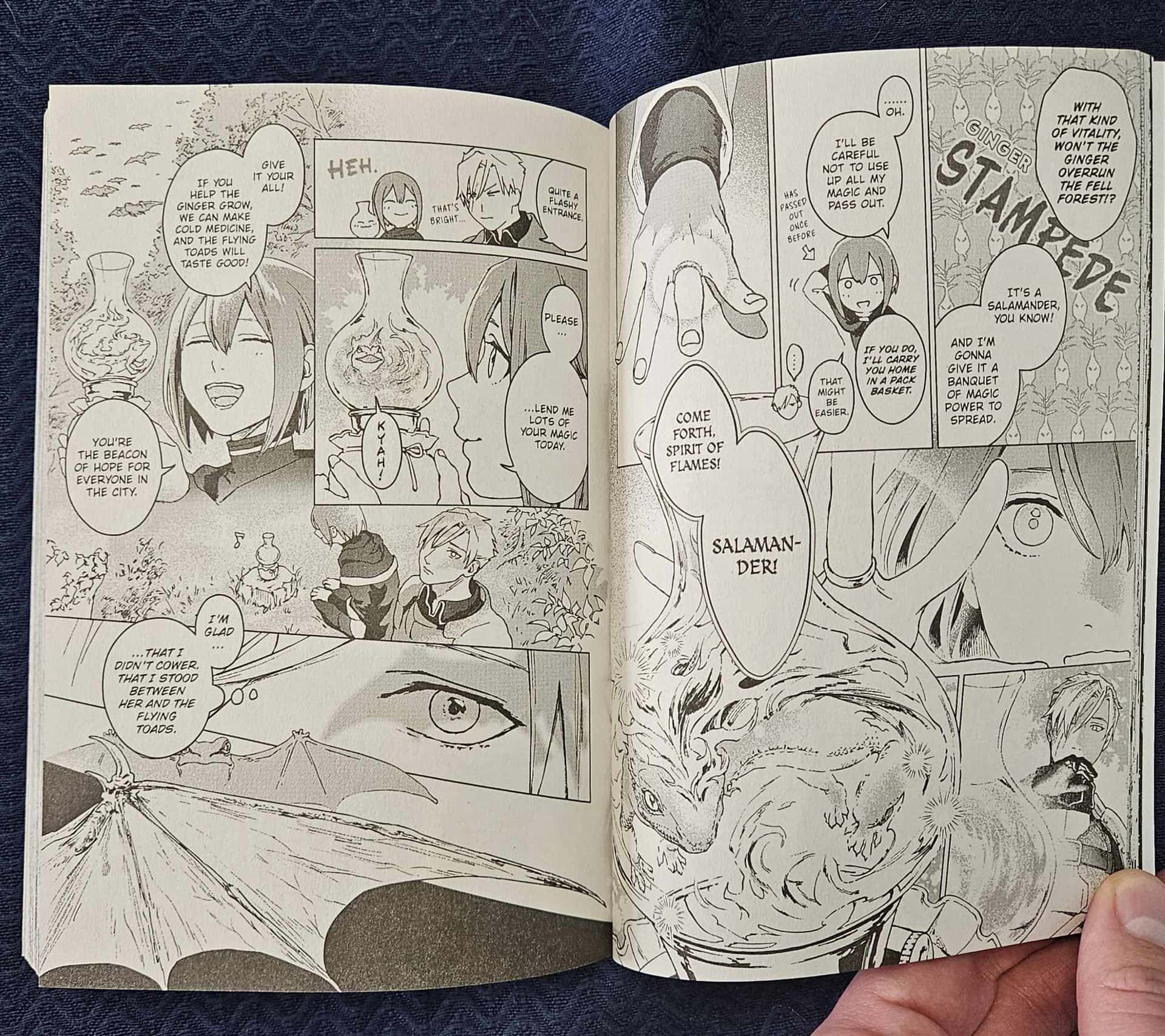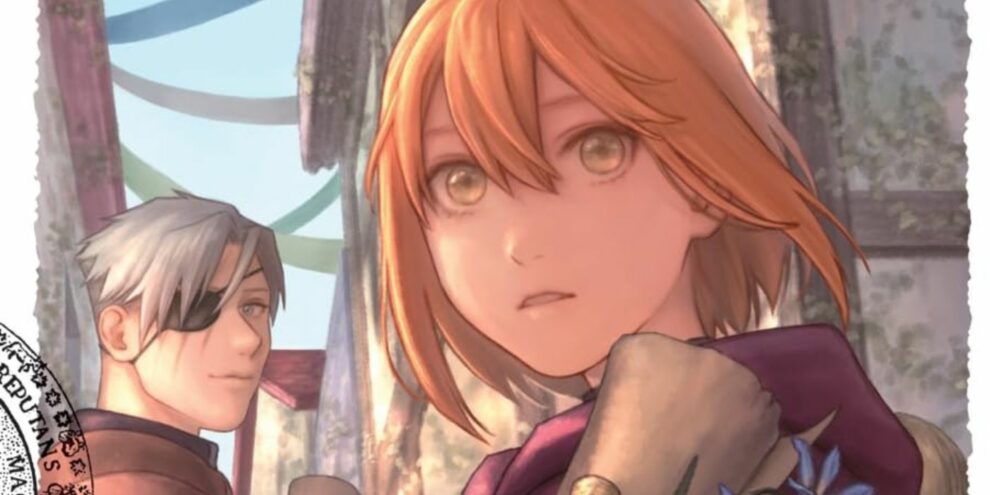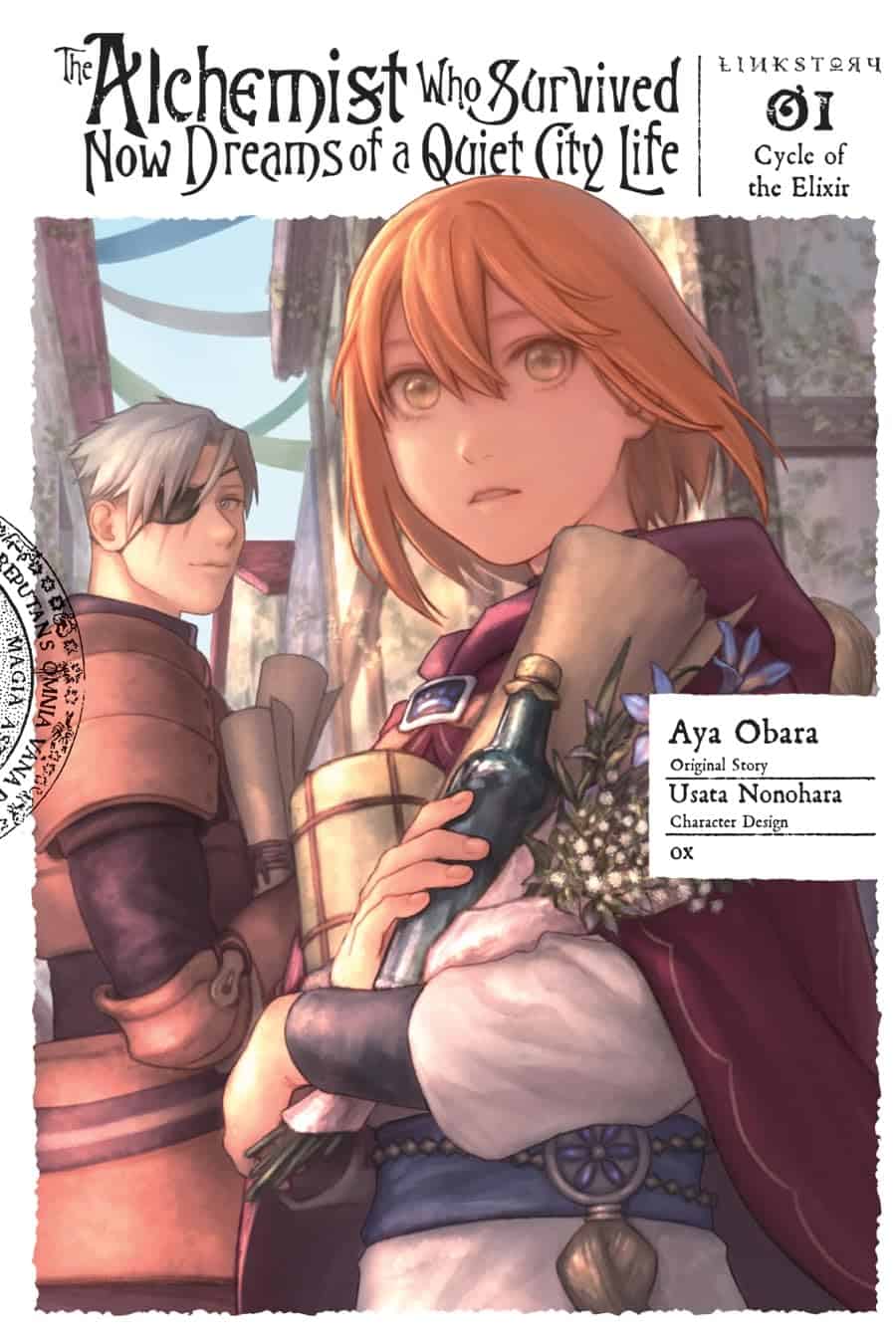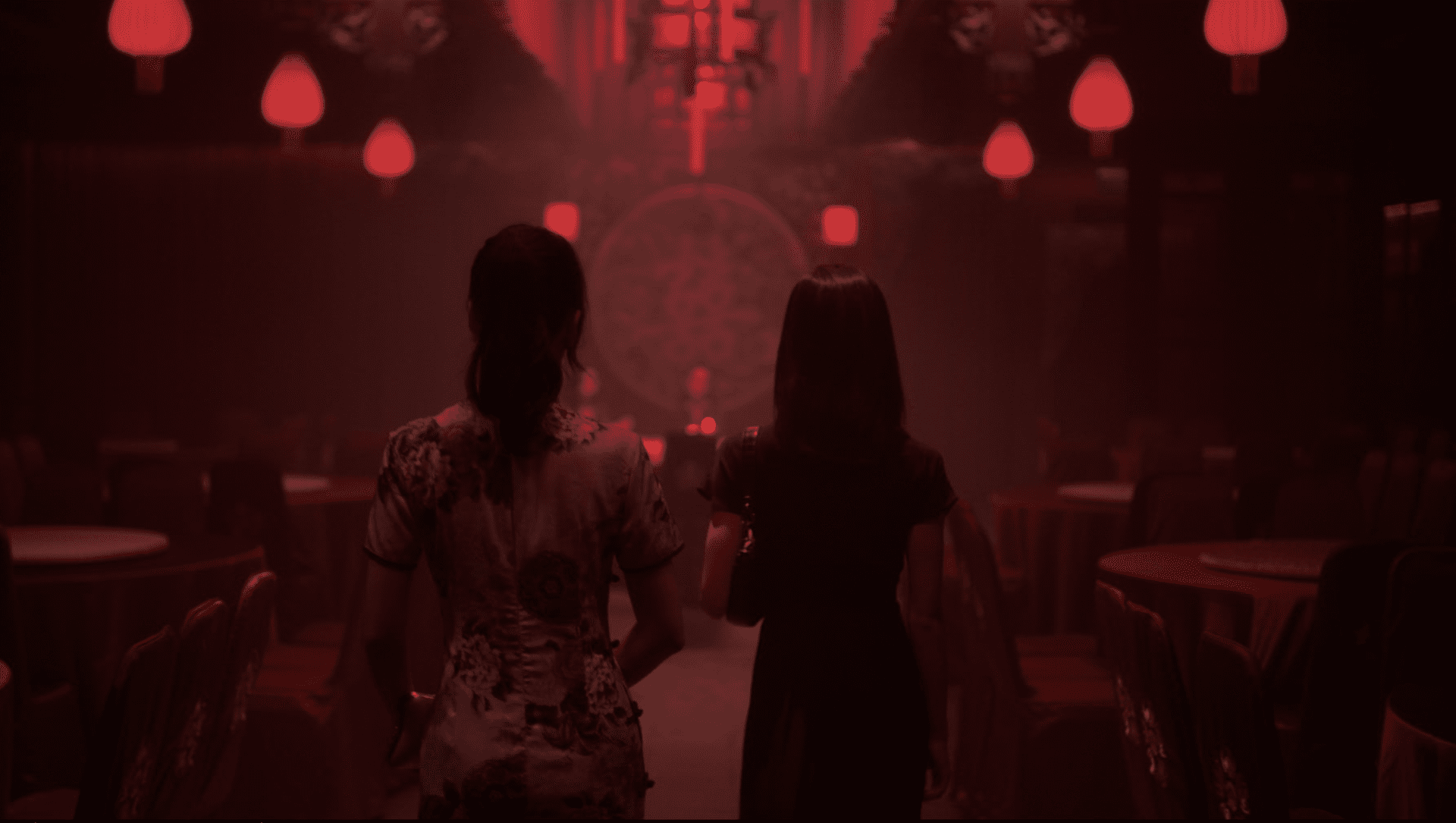“Mariela is the last alchemist alive after waking from a deep sleep that lasted two hundred years. As the sole alchemist in town, she could make a killing by brewing and selling potions…but after two hundred years of suspended animation, all she wants to do is relax, take things easy, and live at her own pace!” (Yen Press)
Buy This Title
on Amazon by clicking on the image below
Two things become immediately apparent when approaching “The Alchemist Who Survived.” In adapting the work from a light novel to manga, much of the story's content has been lost in condensing it. However, and more importantly, Aya Obara is a talented mangaka at condensing stories and giving them a visual flair to keep the work engaging.
Obara touches on this sentiment in the book's afterword, where she states the challenge in condensing while also touting being proud of his efforts. Even without this context from the creator, the major downfall of the work certainly comes from the obvious lack of context throughout, since one can see that much of the lore and character-building was lost. This results in a disjointed flow to the work at points, forcing the reader to accept the relationships, laws within the world, and the process of alchemy at face value. This is a common problem with manga adaptations for fans who also read light novels, and the space where a few lines of internal monologue would go much further to cement the various aspects of the work is obviously amiss. Mariela's relationship with the slave she freed in Sieg, in particular, feels slightly stifled despite their implied strong connection.
The lingering feeling of missing out by not reading the light novel series can often kill interest in the manga adaptation; here, it is not a complete deterrent. This is primarily due to Obara's ability as a visual storyteller to add a layer of allure to a story with apparent missing context. At the same time, the manga is not disjointed even with the obvious loss of content in the adaptation; with moments that feel integral to the worldbuilding, in particular, given greater focus. This is also helped by the slice-of-life meets fantasy structure of the story, with a focus on collecting and making potions, giving the manga a naturally relaxed flow, largely free of major action or conflict.

However, the art is the major reason to grab “The Alchemist Who Survived” in addition to light novels or the adaptation itself. Visually, the work is not consistently impressive as with other fantasy series, but the slice-of-life aspects attributed to this, and when flair is needed, Aya Obara delivers. The work is text-heavy with a lot of focus on interactions. Still, anytime Obara pulls back to show the magical beasts and landscapes of the world within, it resonates with a profound love of the fantasy genre and the freedom it grants artists to explore creatively. It is one of those works that may not instantly draw awe, but the more time spent with the work, the more the reader will appreciate the obvious effort put into the adaptation.
The “The Alchemist Who Survived” manga still leaves the impression that one should read the light novel instead, which is also available through Yen Press, as there are obvious details amiss that would enrich the experience. However, Aya Obara still impresses with his ability to condense the work and even brings a charming visual flair which will still favor those only interested in collecting manga. It certainly is not the best fantasy or slice-of-life manga, but it fills a complimentary niche that will appeal to those looking for a relaxed read.

















